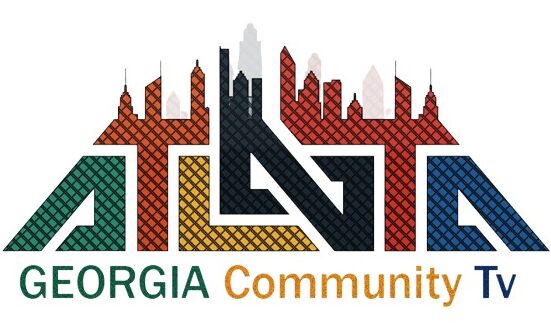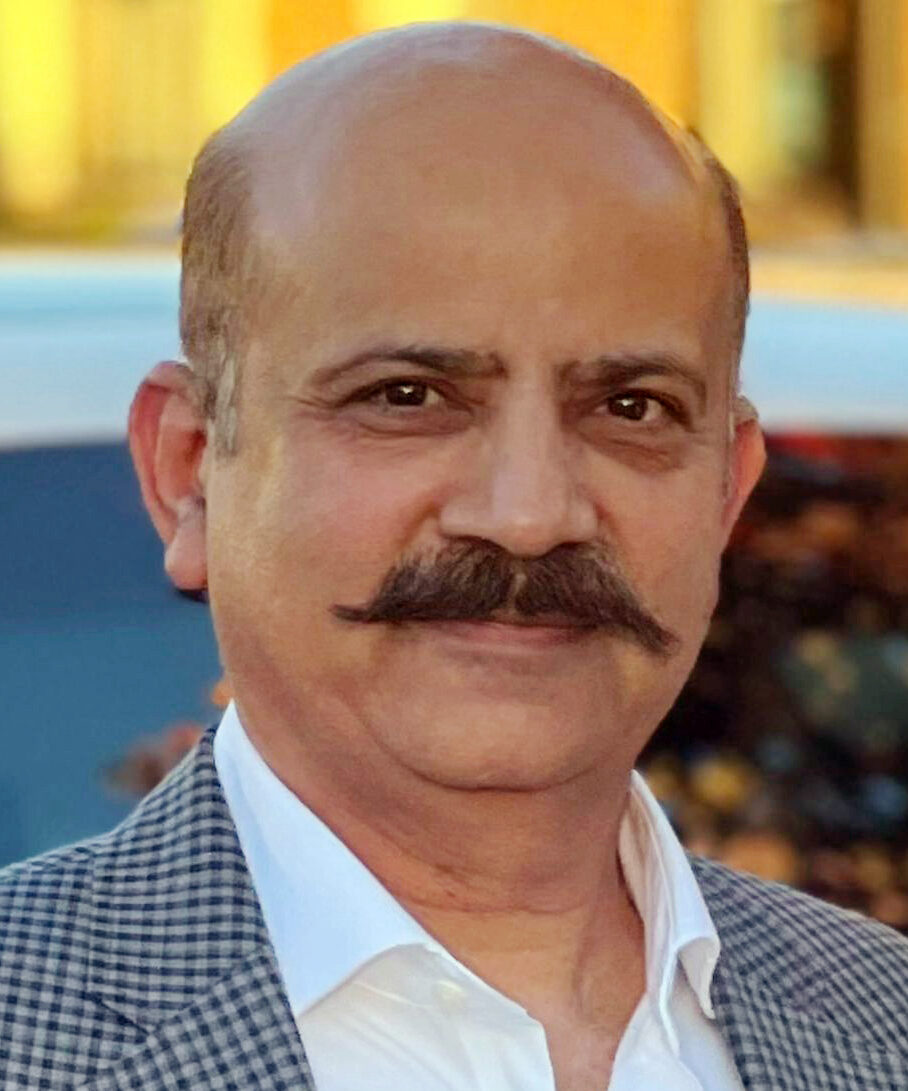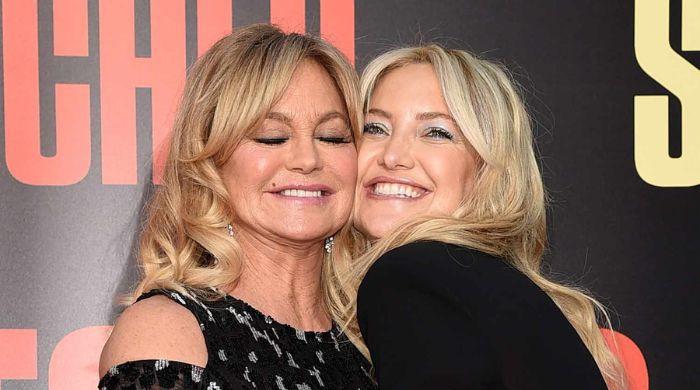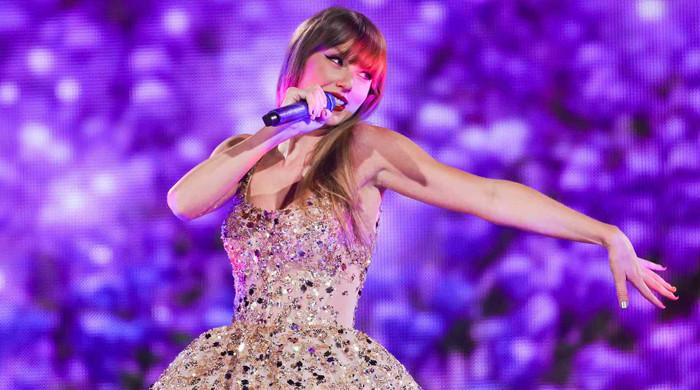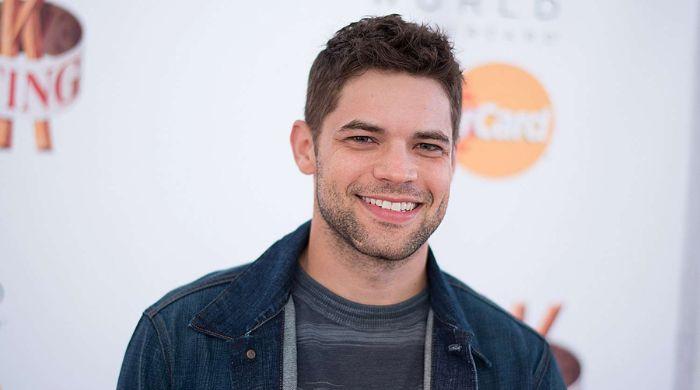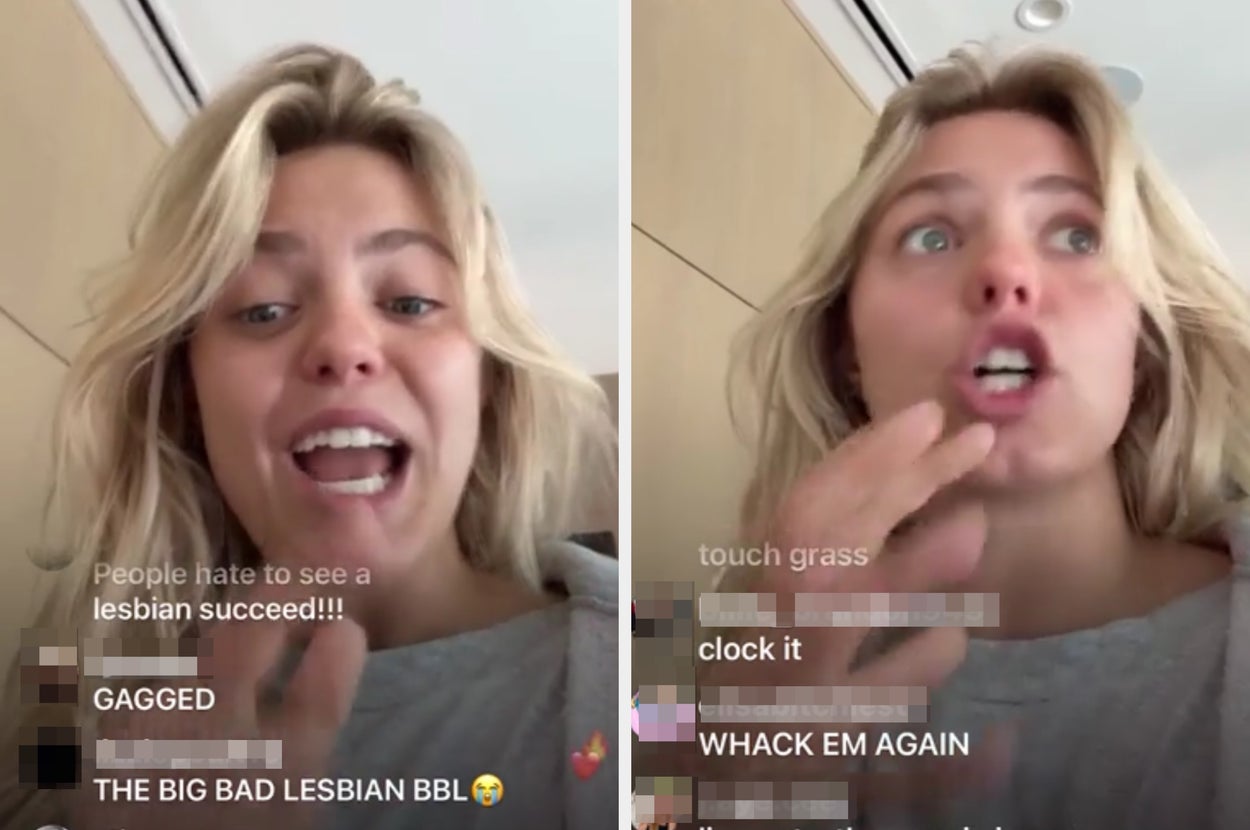“The Challenge Is To Not Make It Pornography”: Aunjanue Ellis-Taylor Talks Black Trauma On-Screen And Filming “Nickel Boys”
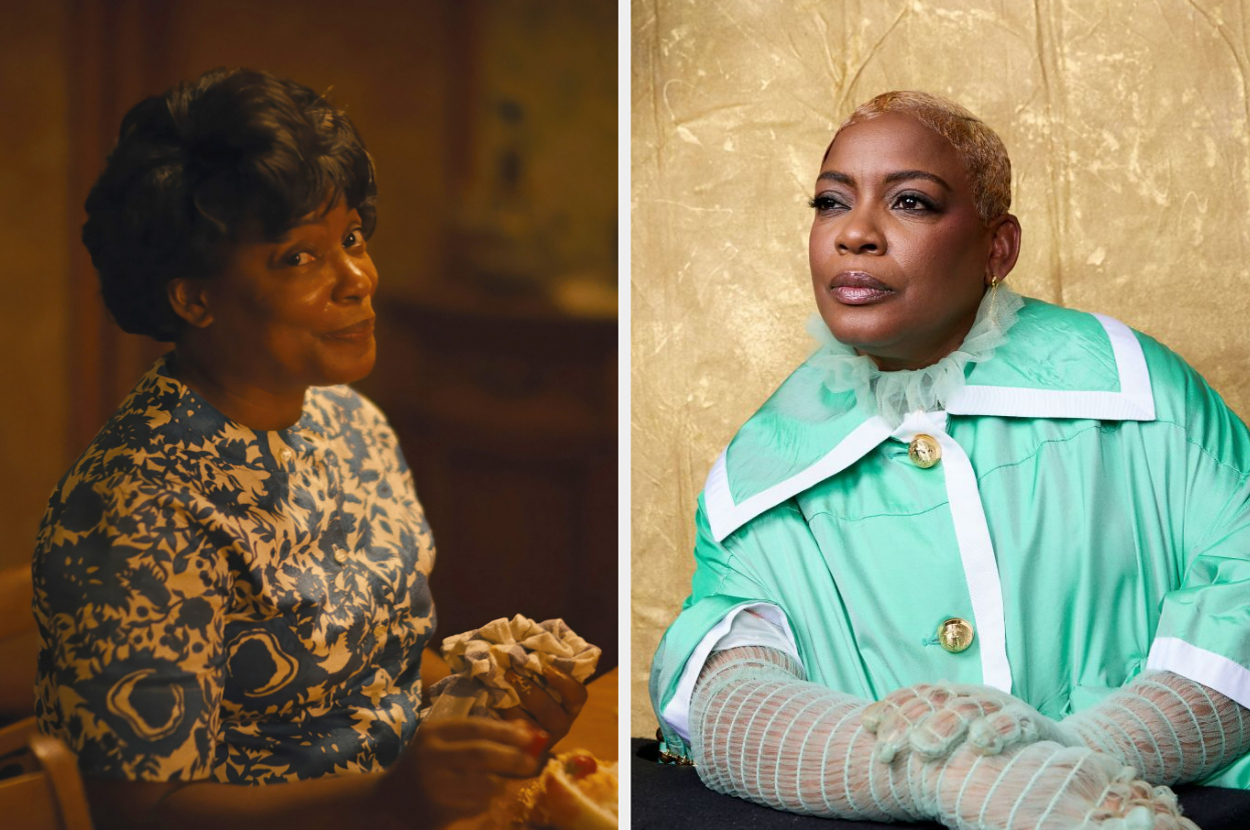
Aunjanue Ellis-Taylor has been gracing the big screen, small screen, and stage for nearly three decades with her enviable talent. It’s rare to walk away from one of her performances without feeling a shift in your mind, body, or soul because she has the incredible ability to transform a character into her own, allowing the perception of old characters to feel new again and original characters to feel like an extension of her.
Raised in Mississippi and priding herself in shining a light on Black stories, Aunjanue is very particular about the projects she associates herself with. So, when the opportunity to star in Nickel Boys came her way, it was a no-brainer. Directed by RaMell Ross, the 2024 film is an adaptation of Colson Whitehead’s 2019 best-selling novel The Nickel Boys, which follows two Black boys, Elwood (Ethan Herisse) and Turner (Brandon Wilson), who are sent to a reformatory school rooted in abuse and racism. It was inspired by the historic Dozier School for Boys in Florida, notoriously known for the sadistic treatment of their students. Aunjanue plays Elwood’s doting grandmother, Hattie, who wants nothing more than to see her grandson happy and successful.
I recently sat down with Aunjanue to discuss the making of the movie, explore Black trauma on-screen, her favorite moments, and more!
BuzzFeed: I read that as soon as you heard director RaMell Ross was attached to a new project, you wanted to be a part of it…no matter what. So, once you found that he was adapting The Nickel Boys, outside of him being the director, what made you want to attach yourself to this movie?
Aunjanue Ellis Taylor: No, it was just him [laughs]. I saw his documentary, Hale County This Morning, This Evening, and I just stalked him because I just wanted to tell him what it did to me and how it affected me. I had no designs on anything in the future or anything like that. I just wanted him to know how I felt. A couple of years later, I got wind that they were thinking about doing something and that there might be a role in it for me. I was just like, “I don’t care, I want to be in it!” I heard about it in, like, late summer, and then I didn’t hear anything about it. I kept asking, and then it came my way.
Was there an audition process at all? If so, what was that like?
AET: No, not for this. I didn’t have to read for this.
What was that initial conversation like when you finally got to speak with RaMell?
AET: I don’t remember actually talking to RaMell until I after I was hired. We met in Hammond, Louisiana, which is about 30 minutes from my house in Mississippi, at this little cafe, and we were just talking. We didn’t really talk about the film that much; we talked about other films. I was a little in love that day. I probably should have talked to him a little bit more about the film, because then I would have realized that he was shooting the film the way he was shooting it. I didn’t know that until I got to work the first day, so I should have asked that. That should have been what we were talking about, but we didn’t. We weren’t talking about that. Everything that I saw in Hale County, felt consistent with the man that I met that day.
You said that you probably should have talked to him about how it was filmed. Would that have changed your mind at all about doing the film?
AET: I still was gonna do whatever he wanted to do. I’m glad that I didn’t know because I think that I probably would have thought about it too much. I would’ve come with a whole lot of preparation that probably wouldn’t have served me. So, I’m glad I didn’t know.
It was beautiful to see you and Ethan Herisse working together again. You played his mother in When They See Us, and now you play his grandmother in Nickel Boys. What was that reunion like?
AET: I adore Ethan! I had a beautiful experience working with him on When They See Us. When we finished When They See Us, he was about to go to college, and now he’s a college graduate in chemistry, of all things. He’s a lovely human being. He’s just a lovely, lovely human being. And I was so proud that he was going to be the lead of this movie. He’s a special young man.
Have you all been in contact since filming When They See Us?
AET: No, we haven’t. He was 18. What would I be texting? “What’s up? How you doing? How’s class today? [laughs]” You know what I mean? He had nothing to say to me. He knew what I felt about him, and I hope he felt the same way. I feel like that was sort of cemented when we were on set together. It felt very familiar. There was a trust there.
Okay, so I want to touch back on one of the most interesting parts about this film which is how it was shot. We, as the viewer, have a first-person view, which allows us to really form an emotional attachment to the character as we watch the story from their eyes. For your scenes with Ethan, your scene partner is basically the camera and not Ethan himself. Can you describe what that was like to have no one to actually react to the words you were saying?
AET: Yeah, it was very challenging. I don’t like acting by myself. Some people do, but I don’t. I like what can happen when two people are sharing space and creating a world just between them. I love that. I think that’s so exciting to me. I think that is real stunt work, honestly. It’s not jumping off a building — and this is no disrespect to stunt people — but it is really exciting when you can share a space with someone and just be bare and honest, and that person is doing the same.
It’s hard for us to do that when cameras aren’t there in the real world, so that, to me, is just really the best part of it. I couldn’t do the best part of it for me, and at the same time, I had to make it believable and honest. Believability is for the viewer to decide. I had to feel like I was telling the truth, and that was very challenging. That was tough.
That makes a lot of sense, because when you’re with somebody, you can feed off of their energy and their emotions. A scene that stuck out to me was when you went to visit Ethan’s character Elwood, but you weren’t allowed. That’s when you meet his new friend Turner (Brandon Wilson). You two eventually share a heartfelt hug, that was clearly needed from both parties. Can you talk to me about filming that scene?
AET: That scene that day was really challenging, and I don’t know why it was more challenging than any other scene that I was in. I have to think about that to find out what was it about that day? I think for the most part, when I’m working, I like being in communication with my director, but I also like to try stuff. myself and with the person that I’m acting with, and just seeing what works. But I couldn’t do that because of how we were shooting. I had to rely on RaMell a lot.
We ended up doing several takes of that scene, and then finally he came over and said, “Yeah, this feels like real life to me. This feels like life to me.” But it took a while for us to arrive at that. I think if it worked at all, I think it was probably because I felt by myself. I felt lonely. I, the actor, felt lonely, and I think that aligned with Hattie feeling alone. Turner was lonely, and so there were just sort of these two lonely kindred spirits who were meeting on this sidewalk.
Did RaMell have the person who you intended to speak to near the camera at all, so you could kind of feed off of something, or was it literally just you interacting with the camera?
AET: Yeah, both Ethan and Brandon were very lovely, and they would be there, but after a while, you could hear their distant voices [when they weren’t near the camera], but it wasn’t the same.
We often hear about intimacy coaches being on set with cast members to ensure the safety and comfort of actors in those romantic scenes, but I don’t hear much about coaches on set for traumatic scenes. Due to some of the topics discussed and graphic scenes in the film, was there someone like that on this set? If not, do you think that’s something more sets should include in their budget?
AET: Yeah, they did have a counselor there. I didn’t talk to them. But I think that Ethan and Brandon were able to talk to the counselor while they were filming. Ethan and Brandon are also friends off-camera, so they were able to lean on each other a lot.
You are no stranger to playing powerful roles with painful yet authentic messages behind them (When They See Us, Origin, The Supremes, The Deliverance, etc.). Although a lot of the projects you attach yourself to are typically a reflection of what has or what is happening in this country, I’m sure they can be difficult at times too. What keeps you coming back to stories like this, and how do you take care of your mental health when taking on these projects back-to-back?
AET: I don’t get affected too much by that. I find it exhilarating. I love it when I get to do something like Nickel Boys. I love it because I could have a harder day at work, you know? And for me, a harder day at work is doing something I don’t like, doing something that I don’t believe in. I believed in this story. I believe in the necessity of it being in the world, so that makes me want to get up in the morning. That’s exciting to me: to go to work, to do something like that. So, I’m good. I don’t need any breaks. Bring another one. I’m here for it. I’m ready.
That’s beautiful and so refreshing to hear. I’ve seen discourse online with sentiments of “Black films always have to have some type of trauma. Why can’t our characters just be happy?” What are your thoughts on that line of thinking?
AET: Violence is a reality. Violence and violence against Black people, particularly, is a reality. Why are we interested in lying about that? But the challenge for us is to not make it pornography, to not fetishize it, and to handle it in a way that we offer the presentation of it, rather than it being authored for us, which happens when we watch the news, right? So, that is what’s important. Life is hard. What we haven’t sort of said, is that in the middle of this, in the middle of the trauma, in the middle of the pain, we were always finding joy. It has never just been trauma. There has always been joy in there somewhere. There has always been love in there somewhere. I think that’s what Hattie does, and why I tried to do what I did in Nickel Boys because so many times these portrayals of Black motherhood is… it’s almost like the tears are currency.
What I wanted to do was make her smile currency as well, to make her adoration for her grandson, the love that she had for her grandson, to make that as equally important, because there has been an absence of that, not just in films, but in our homes. My grandmother didn’t smile at me, but she took care of me. She stood in line to get me government cheese because she didn’t have the money to buy cheese herself. She did all these things for me because she was desperately in love with me, but she never smiled at me. She never said, “Aunjanue, I love you.” She never said, “Aunjanue, you’re so cute.” She never said those things, but she loved me desperately. That’s how she expressed love. Right inside of her was the smile…inside of her was the adoration. What I wanted to do was bring that out, to physically show that.
What was one of your favorite moments? You told me about one of the most challenging scenes you shot, so now I want to hear what brought you joy, either on-screen or off-screen.
AET: My conversations with RaMell and hearing him talk about film, his intentionality, being the kind of director that he is, and why he chooses what he chooses to do with the camera. I learned so much from him. I love doing these interviews that we’re doing now. I feel like they’re just like free school of free college, you know? So, yeah, I enjoyed that.
You mentioned learning a lot from having these conversations about the film. What’s one lesson you learned about yourself while bringing this story to life?
AET: I think it affirmed a lot of things that I didn’t have. It gave me language for a lot of things that I didn’t necessarily have language for in terms of how I see cinema and the power of film. I’m still learning as we are having conversations like this with you because a film has become something else now. It’s the actual doing of it, and then it’s the political part of it, being in the world. You are trying to get people to come see this thing, so as a result of that, you’re having conversations with people; you’re talking about the film. I’m learning about something that I didn’t necessarily have to be aware of when I actually did it. What I’m learning now is this notion that we have to interrogate every part of how we build images, and we assume that this thing called the camera is a sort of benign machine that we use at will, but in fact, it has been complicit.
It has been an accomplice in violence against Black folks, in limiting us in our portrayals and our present, how we are subjects on that we don’t have subjectivity, that we are, in fact, objects of something, and how the images of us have been produced. It has been fascinating to me to have to defend that and say that this is necessary. It is not enough for us to say, okay. There aren’t enough stories about Black folks, right? And the response will be, “Well, let’s make more stories.” That’s not enough. The other question has to be, “How do we do that? In what ways do we do that?” That has to be discussed and talked about as well.
Lastly, do you ever keep things from the sets you work on as a memento? If so, what did you keep from the Nickel Boys set?
AET: I think I have taken a little somethin’. I don’t think I took anything from Nickel, though.
It was a pleasure speaking with you, Aunjanue!
Be sure to check out Nickel Boys, which is currently showing in select theaters.
